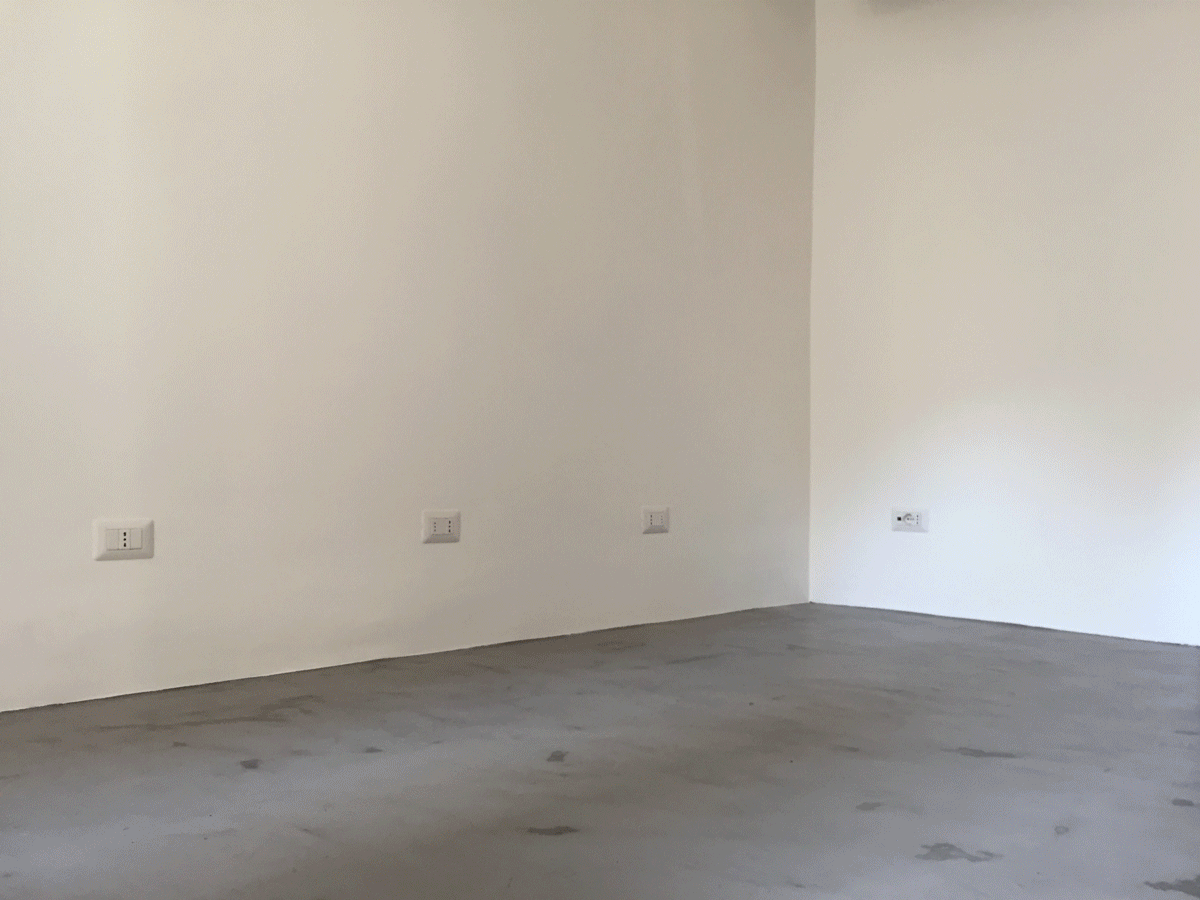
Boby Table
2018 | research by design | commissioned by SPAN | Rome, ItalyBoby TABLE exposes a post-production approach, and it performs as a product for questions.
The need for a big, movable, dismountable, low-cost, one-person-production table was the starting point for producing within these constraints.
The collaboration with no_gallery_ a fresh collection of design pieces from the XX century curated by a young, passionate researcher - allows the project to make an investigation on the use of temporary physical archives.
Collections as material representations of past and suggested everyday life models embody dated technology innovations, specific life visions, and distictive design approaches.
Within no-Gallery collection, there is Boby: the Portable Storage System designed in 1970 by Joe Colombo*.
Boby is an ABS trolley equipped with drawers and compartments. During the 70’s many architects had it as a model of advanced industrial production. With its futuristic style, it projected the idea of interiors towards a versatile, flexible, functional visionary. Today, entirely overcome by the open design logic, it stands as a memory of an out of plastic, positivist optimism towards the future.
By exposing an anonymous, mass-produced wooden board 2,5x80×200 cm, over 2 examples of Boby, the 70’s, ABS, product design by Colombo, Boby TABLE explores the meanings of a jarring relation between its components. No joints, no details.
The table is an easy disassembly dissonant relationship which aims at:
> confronting antithetical aesthetics and relative production models;
> readdressing materialized memory beyond the collection idea;
> creating a post production design approach as a device for reflecting on the upcoming future.
By exposing an anonymous, mass-produced wooden board 2,5x80×200 cm, over 2 examples of Boby, the 70’s, ABS, product design by Colombo, Boby TABLE explores the meanings of a jarring relation between its components. No joints, no details.
The table is an easy disassembly dissonant relationship which aims at:
> confronting antithetical aesthetics and relative production models;
> readdressing materialized memory beyond the collection idea;
> creating a post production design approach as a device for reflecting on the upcoming future.
* Educated as a painter Colombo was an active part of the Movimento Nucleare, an avant-guard group founded by Sergio D’Angelo and Enrico Baj.
When in 1958 his father fell ill, Joe gave up painting and together with his brother Gianni took care of the family business, using the factory as an experimental space for the latest production techniques and new materials, including glass fiber, PVC, and polyethylene.
By experimenting new materials and using most advanced technologies, he produced kind of “machines for living”: multi-function mobile units, like Visiona 1, Total Furnishing, Roto-Living, Cabriolet-Bed and Mini-Kitchen.
Boby, as the other Joe Colombo products, belongs to an historical period of great technological transformation.
In 1969 – the year before the production of Boby – Arpanet, the research-oriented prototype of the Internet was introduced and the Apollo 11 mission landed the first humans on the Moon.
When in 1958 his father fell ill, Joe gave up painting and together with his brother Gianni took care of the family business, using the factory as an experimental space for the latest production techniques and new materials, including glass fiber, PVC, and polyethylene.
By experimenting new materials and using most advanced technologies, he produced kind of “machines for living”: multi-function mobile units, like Visiona 1, Total Furnishing, Roto-Living, Cabriolet-Bed and Mini-Kitchen.
Boby, as the other Joe Colombo products, belongs to an historical period of great technological transformation.
In 1969 – the year before the production of Boby – Arpanet, the research-oriented prototype of the Internet was introduced and the Apollo 11 mission landed the first humans on the Moon.